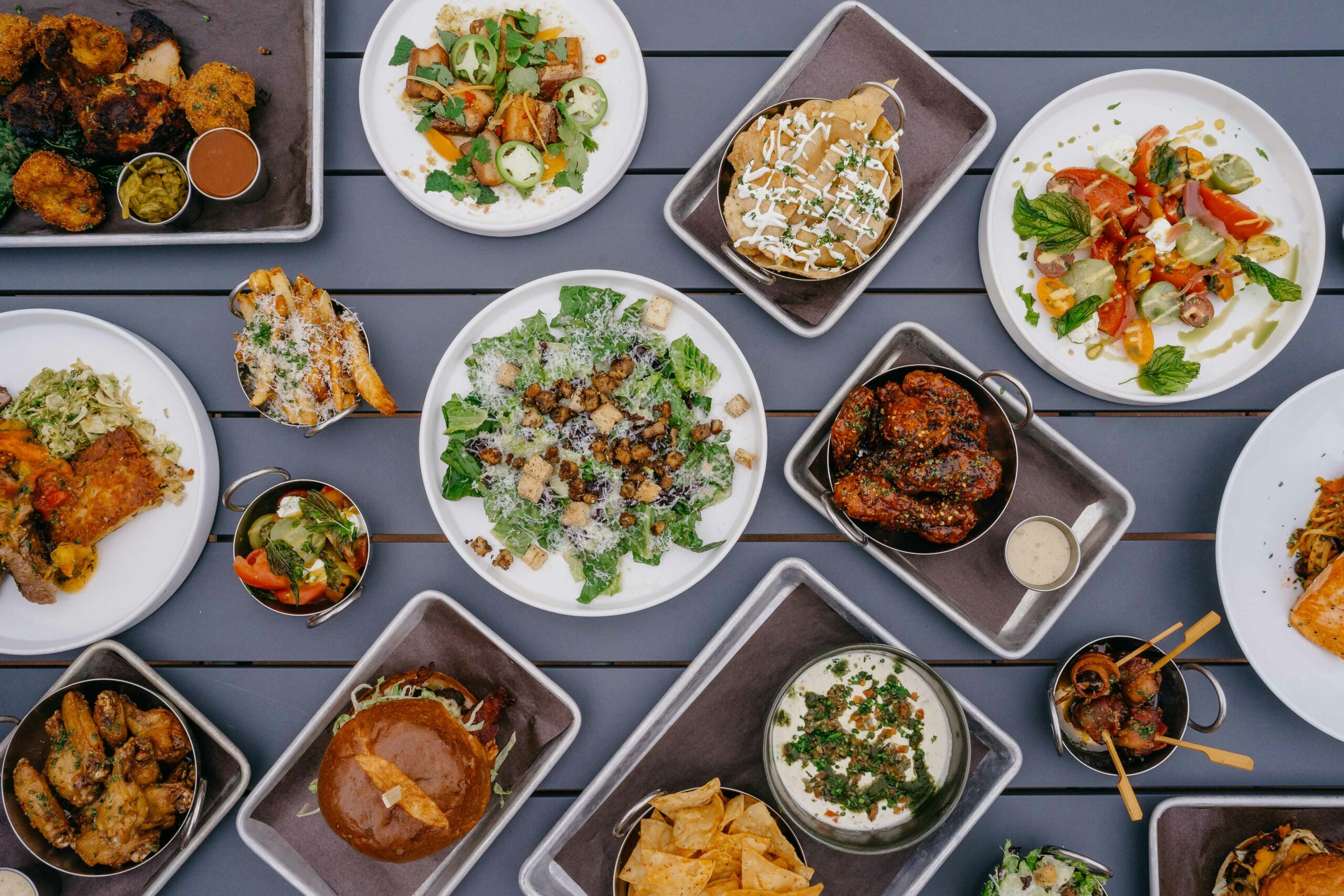
In today’s fast-paced world, it’s easy to fall into the trap of convenience—processed foods, fast meals, and diets filled with additives. While these may save time, they rarely contribute to a healthier lifestyle. More and more people are now turning to an old but powerful solution: growing their food. Whether it’s a backyard garden, a few pots on a balcony, or a small plot in a community space, growing food at home is a rewarding path to eating better and living well.
The Connection Between Homegrown Food and Health
When you grow your fruits and vegetables, you have control over what goes into your food from the very start. Unlike store-bought produce, which is often treated with chemicals to preserve shelf life or enhance appearance, homegrown food is naturally fresh. You know exactly how it was grown and harvested. This means fewer pesticides, no preservatives, and better nutritional value.
Freshly picked vegetables and fruits have more vitamins and minerals compared to those that have traveled hundreds of miles to reach a store shelf. The longer produce sits after harvest, the more nutrients it loses. By growing your food, you enjoy it at its peak ripeness and maximum nutritional quality, giving your body what it truly needs to thrive.
A Natural Way to Encourage Healthy Eating
Growing food at home also encourages better eating habits. When you have fresh tomatoes, cucumbers, or spinach right outside your door, you are more likely to include them in your meals. Gardening makes healthy eating more convenient and enjoyable. It becomes easier to create meals centered around whole foods rather than relying on processed ingredients.
For children, this experience can be even more impactful. When kids are involved in planting and harvesting food, they become more curious about vegetables and are more likely to try them. This simple act of gardening can set the foundation for lifelong healthy eating habits and a deeper understanding of where food comes from.
Mental and Emotional Benefits of Gardening
Growing your food does more than nourish your body—it nurtures your mind. Gardening is a calming activity that helps reduce stress and promote mindfulness. Being outdoors, working with your hands, and connecting with nature provides a welcome break from screens and daily distractions.
The sense of accomplishment that comes from seeing something grow from a seed into a whole plant is gratifying. It brings a sense of purpose and achievement, which can improve mood and mental well-being. For many, tending a garden becomes a peaceful ritual that offers clarity and calm in a hectic world.
Saving Money While Eating Better
A common misconception is that eating healthy is expensive. While it’s true that fresh organic produce often costs more at the store, growing your own can save you money in the long run. Seeds are inexpensive, and once you get started, many plants continue to produce food throughout the season. Herbs like basil or mint, for example, can grow all summer and replace the need to buy small bunches at high prices every week.
You can also grow the foods you love to eat the most. From leafy greens and berries to peppers and beans, a well-planned garden can offer a steady supply of ingredients for your meals. Even with a small space, container gardening or vertical gardening can produce a surprising amount of food.
Building a Stronger Connection to Nature
Modern lifestyles often leave people feeling disconnected from the natural world. Growing your food restores that relationship. You become more aware of the seasons, the weather, and how plants grow. This awareness helps develop a sense of respect for nature and a deeper appreciation for the food on your plate.
Caring for a garden also teaches patience and responsibility. Plants don’t grow overnight—they require time, attention, and care. This rhythm, though slow, is grounding. It reminds us to slow down and find joy in simple, meaningful tasks.
Community and Sharing Through Gardening
Gardening doesn’t have to be a solitary activity. Many neighborhoods have community gardens where people come together to grow food. These shared spaces help build relationships and encourage knowledge exchange. Whether it’s swapping seeds, sharing recipes, or helping each other with garden tasks, growing food becomes a way to build stronger, healthier communities.
Even in individual gardens, there’s often enough harvest to share with neighbors, family, or friends. A basket of homegrown produce is a meaningful gift that brings people together and spreads the benefits of healthy living.
A Step Toward Sustainability
Growing your food is also a step toward living more sustainably. It reduces your reliance on packaged goods and cuts down on food transportation, which in turn lowers your carbon footprint. Composting kitchen scraps to nourish your garden completes the circle, turning waste into valuable nutrients.
Home gardens, no matter how small, support a healthier planet by promoting biodiversity and reducing the need for industrial farming practices that often harm the environment.
Start Small, Grow Big
You don’t need to be a master gardener or have acres of land to begin. Start with a few herbs on a windowsill or some lettuce in a pot. The act of planting, nurturing, and harvesting your food creates a ripple effect. As you begin to make healthier choices, you feel better mentally and physically, and connect more deeply with the world around you.
Growing food is more than a hobby—it’s a lifestyle choice that helps you eat better and live well. As you dig into the soil and watch life unfold, you’ll find that the benefits reach far beyond your garden.